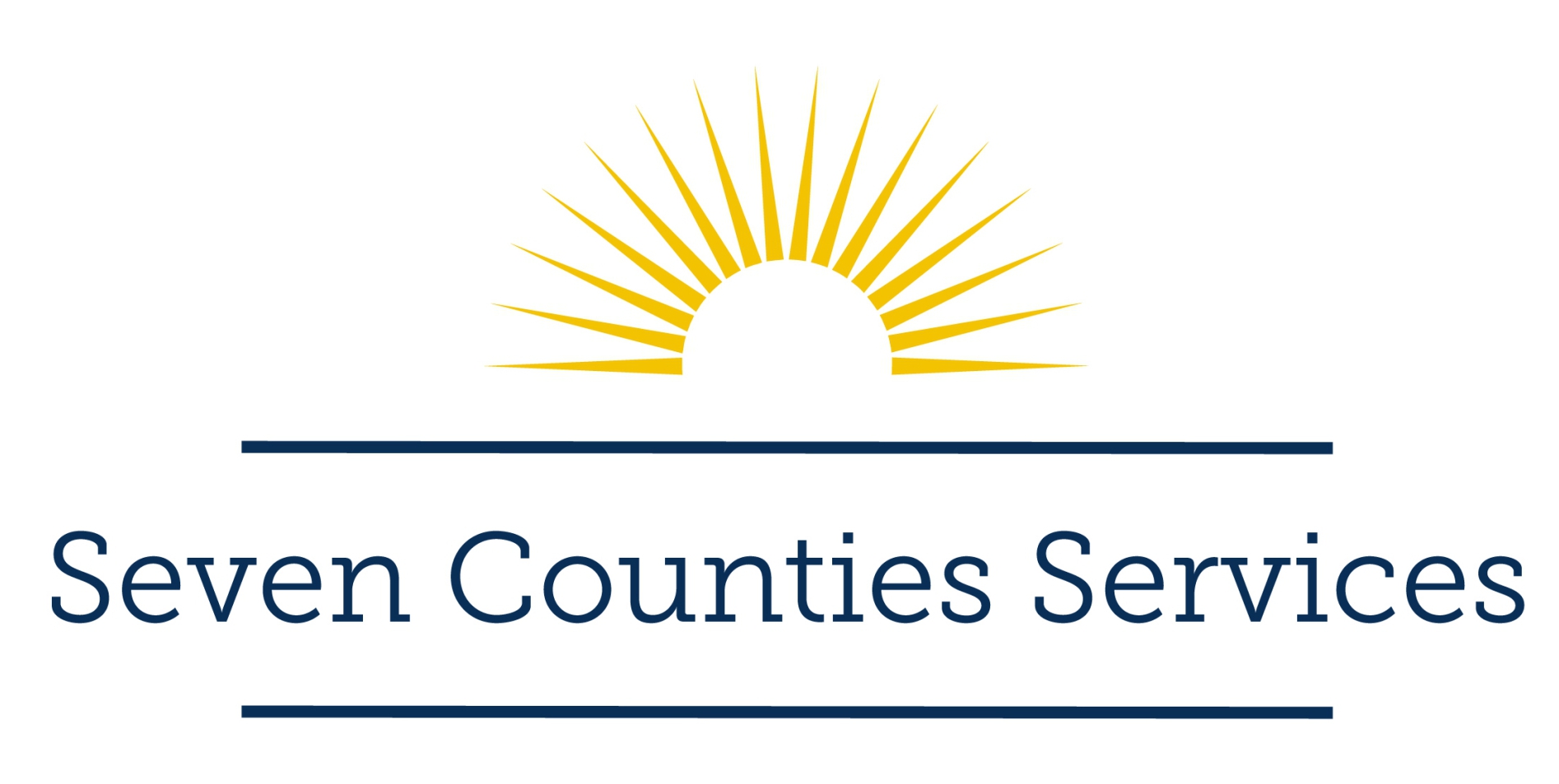Schizophrenia: Signs and Symptoms
Schizophrenia is a serious brain disorder that causes people to interpret reality abnormally. Individuals with schizophrenia may seem like they have lost touch with reality, which can be distressing for them and their loved ones.
Causes of Schizophrenia
The National Alliance on Mental Illness suggests that schizophrenia may have several possible causes:
- Genetics: Schizophrenia can be caused by a variety of genetics and environmental influences. Your likelihood of developing schizophrenia is more than six times higher if you have a close relative, such as a parent or sibling, with the disorder.
- Environment: Exposure to viruses or malnutrition before birth, particularly in the first and second trimesters, has been shown to increase the risk of schizophrenia.
- Brain chemistry: Problems with certain brain chemicals, including neurotransmitters called dopamine and glutamate, may contribute to schizophrenia. Neurotransmitters allow brain cells to communicate with each other.
- Substance use: Some studies have suggested that taking mind-altering drugs during teen years and young adulthood can increase the risk of schizophrenia. The younger and more frequent the use, the greater the risk.
Signs and Symptoms of Schizophrenia
Millions of Americans experience schizophrenia, which usually starts between the ages of 16-30. It’s important to recognize the signs and symptoms of schizophrenia and seek help as early as possible. These symptoms can differ from person to person, but they generally fall into three main categories: psychotic symptoms, negative symptoms, and cognitive symptoms.
Psychotic Symptoms
Symptoms include changes in the way a person thinks, acts, and experiences the world. People with psychotic symptoms may lose a shared sense of reality with others and experience the world in a distorted way. Psychotic symptoms include:
- Hallucinations: Seeing, hearing, smelling, tasting, or feeling things that are not there.
- Delusions: Strong beliefs that are not true and may seem irrational to others.
- Thought disorder: When a person has ways of thinking that are unusual or illogical.
- Movement disorder: When a person exhibits abnormal body movements.
Negative Symptoms
Symptoms include loss of motivation, loss of interest or enjoyment in daily activities, withdrawal from social life, difficulty showing emotions, and difficulty functioning normally. These symptoms are sometimes mistaken for symptoms of depression. Negative symptoms include:
- Lack of planning and sticking with activities, such as grocery shopping.
- Having trouble anticipating and feeling pleasure in everyday life.
- Talking in a dull voice and showing limited facial expression.
- Avoiding social interaction or interacting in socially awkward ways.
- Having very low energy and spending a lot of time in passive activities.
Cognitive Symptoms
Symptoms include problems in attention, concentration, and memory. These symptoms can make it hard to follow a conversation, learn new things, or remember appointments. Cognitive symptoms include:
- Issues with processing information to make decisions.
- Having trouble using information immediately after learning it.
- Struggling to focus or pay attention.
Treatment
Modern treatments for schizophrenia prioritize empowering individuals to effectively manage symptoms, enhance daily functioning, and achieve personal milestones. The earlier treatment begins, the better their chances for recovery and improved quality of life. If someone you know may be experiencing symptoms, you can support them by helping them get treatment and encouraging them to stay in treatment.
Seven Counties Services provides individualized treatment for serious mental health disorders such as schizophrenia. If you or a loved one have been diagnosed or are experiencing one or more warning signs and symptoms, please contact us today to start the journey to recovery. Call (502) 589-1100 or request an appointment online.
If you or someone you know is in crisis and needs urgent help, please call us at (502) 589-4313, or call the 988 Suicide & Crisis Lifeline.
Reviewed by Jean Romano, LPCC‑S, the Vice President of Adult Services at Seven Counties Services.




